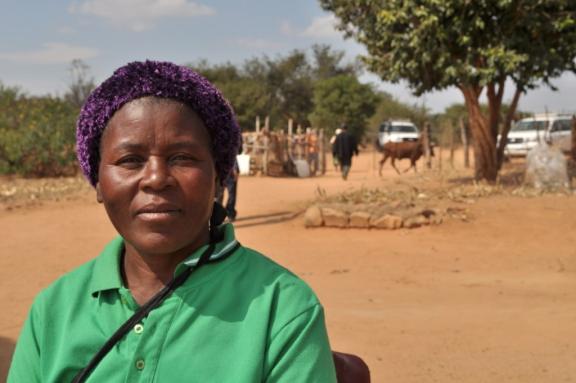The effectiveness of child nutrition interventions greatly depends on a caregiver’s resources. By measuring Caregiver Resources, programs or studies can design and implement activities with greater impact. Effectively designing programs and improving their impact depends on research and monitoring and evaluation evidence.
Past research on the impact of Caregiver Resources is limited and primarily focused on knowledge and education. This toolkit will help to make measuring Caregiver Resources more accessible and consistent. This is a critical step toward gathering evidence on how Caregiver Resources influence care, nutrition, and program effectiveness. Expanded measurement of relevant constructs like time sufficiency, social support, and mental health can enhance understanding of what caregivers need and the interconnectedness of the multiple Caregiver Resources.
Measuring Caregiver Resources can equip nutrition practitioners and researchers with insights into how these resources affect caregivers’ ability to develop the child care and feeding behaviors that contribute to nutritional outcomes.
Programs can use data on Caregiver Resources to design formative research, identify actions needed to support or reinforce priority behaviors, and assess program impact pathways or theories of change in monitoring and evaluation.
Example

In Zimbabwe, mothers with more egalitarian gender norm attitudes were more likely to initiate breastfeeding within one hour of delivery and to exclusively breastfeed. Mothers with greater social support were more likely to feed children a diverse diet (Matare et al. 2021). In adjusted models, each unit increase in more equitable gender attitudes and social support was associated with significantly decreased odds of stunting (Tome et al. 2021). The findings suggest that strengthening these Caregiver Resources would improve infant and young child feeding and that without addressing gender attitudes programs and services would not have the expected impact.


